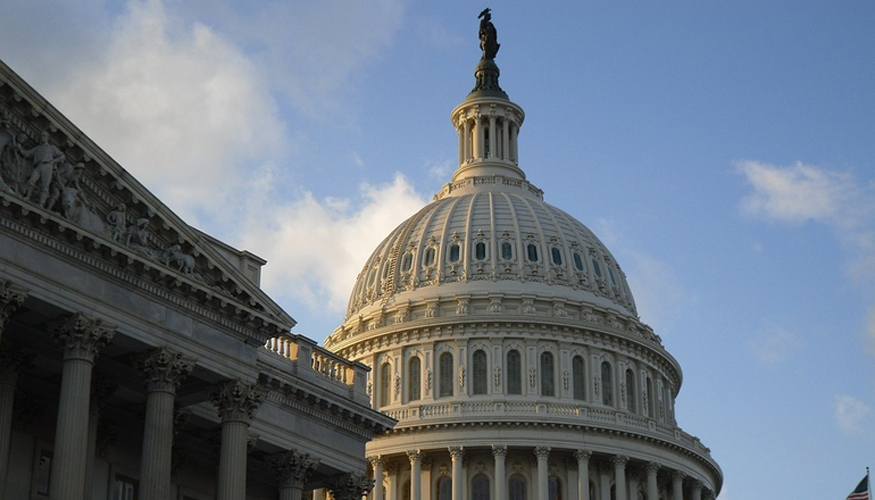HBJ: A 2020 legislative wish list to spur economic growth in New England

As originally appearing in Hartford Business Journal
Our leaders in Congress ended 2019 with a flurry of activity.
In their final week on Capitol Hill, Congress passed a $1.4-billion spending bill that will fund the government through September.
Included in that bill were several measures that will support continued growth in our region, including a boost to retirement savings, re-authorization of the terrorism risk insurance program, and renewal of the Export-Import Bank charter.
As our leaders return to Washington this month, the general expectation is that — like in all presidential election years — it will not be a terribly productive year on Capitol Hill. However, 2020 did get off to a strong start with the Senate recently approving the U.S.-Mexico-Canada Agreement. This will be a boon to New England, where more than 600,000 jobs are supported by trade with these two key partners.
There are several other actions Congress could take that would support continued economic growth in our region.
1. Promote investment in renewable energy — In recent years, New England has become a leader in the development and deployment of offshore wind energy.
Our region is home to the nation’s first offshore wind farm and more are in development, helping reduce our carbon footprint while also creating hundreds of jobs.
This tremendous growth is due in part to tax credits for the development and production of offshore wind, which have unfortunately expired. Several proposals have been introduced to reinstate and extend these credits, with support from many members of the New England delegation.
Congress should extend these incentives to promote the growth of the offshore wind industry.
2. Invest in infrastructure — There are nearly 1,600 bridges in “poor” condition across New England. Last year, Washington could not reach agreement on a bipartisan all-encompassing infrastructure package even as most recognize that such investments are critically needed.
This fall, a renewal of the 2015 FAST Act — America’s surface-transportation law — must occur. A key Senate Committee last July approved a $287-billion replacement, but more work remains.
Perhaps Congress can aim higher in 2020 and address our region’s additional infrastructure requirements as well.
3. Ensure banking for the cannabis industry — In New England, marijuana has been legalized for medical and/or recreational use in all six states.
However, because marijuana is illegal under federal law, legitimate cannabis enterprises can’t bank at federally insured financial institutions, and are forced to operate as cash businesses, at risk for theft and fraud.
Fortunately, last year, with the support of many New England representatives, the House passed the SAFE Banking Act, which would establish protections for banks that provide financial services to legal cannabis businesses.
The Senate should follow suit and pass this bill to ensure that this new industry continues to thrive, and to open a new line of business to our region’s banking sector.
James T. Brett is president and CEO of The New England Council, a non-partisan alliance of businesses and nonprofits focused on economic growth.